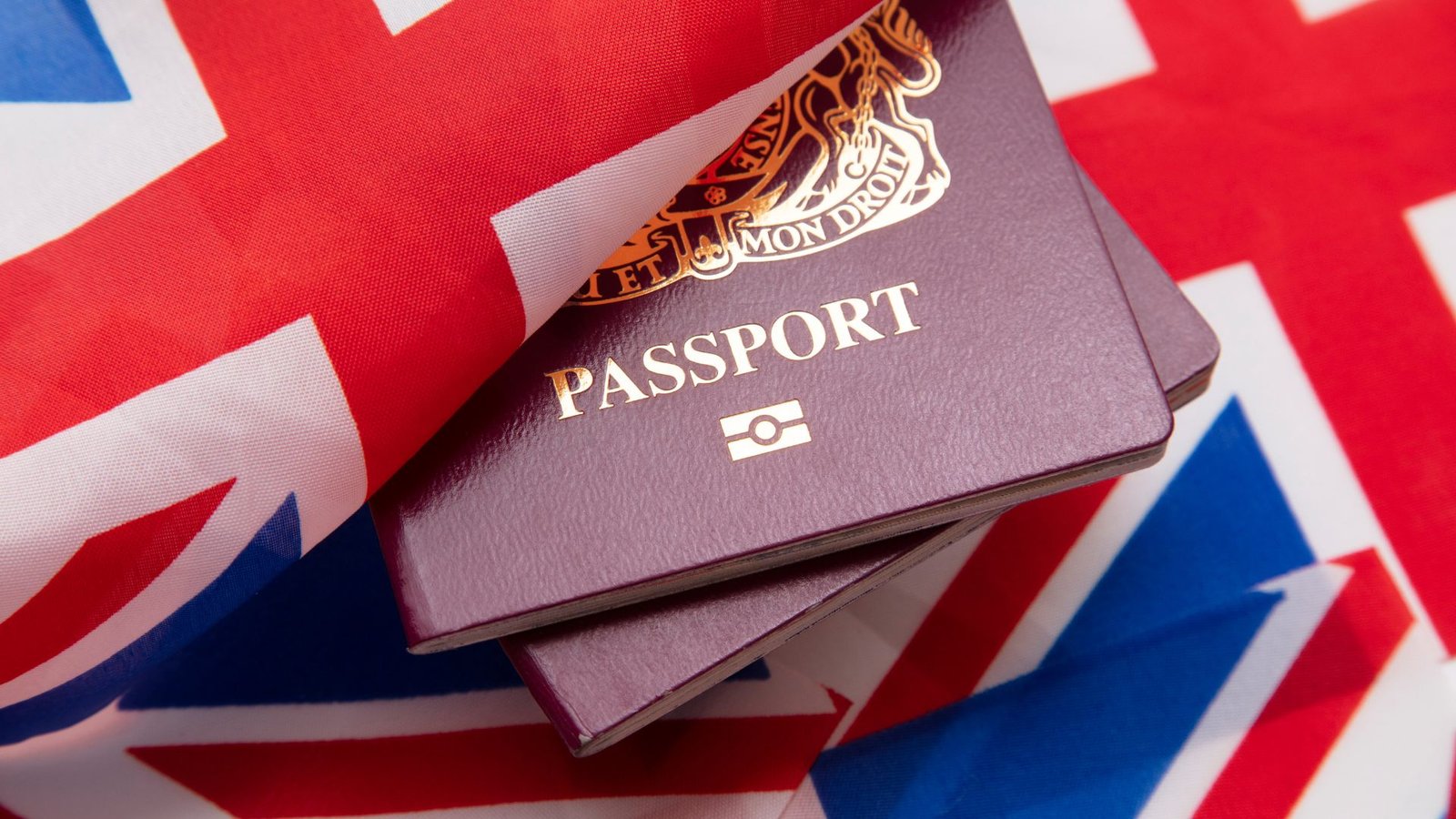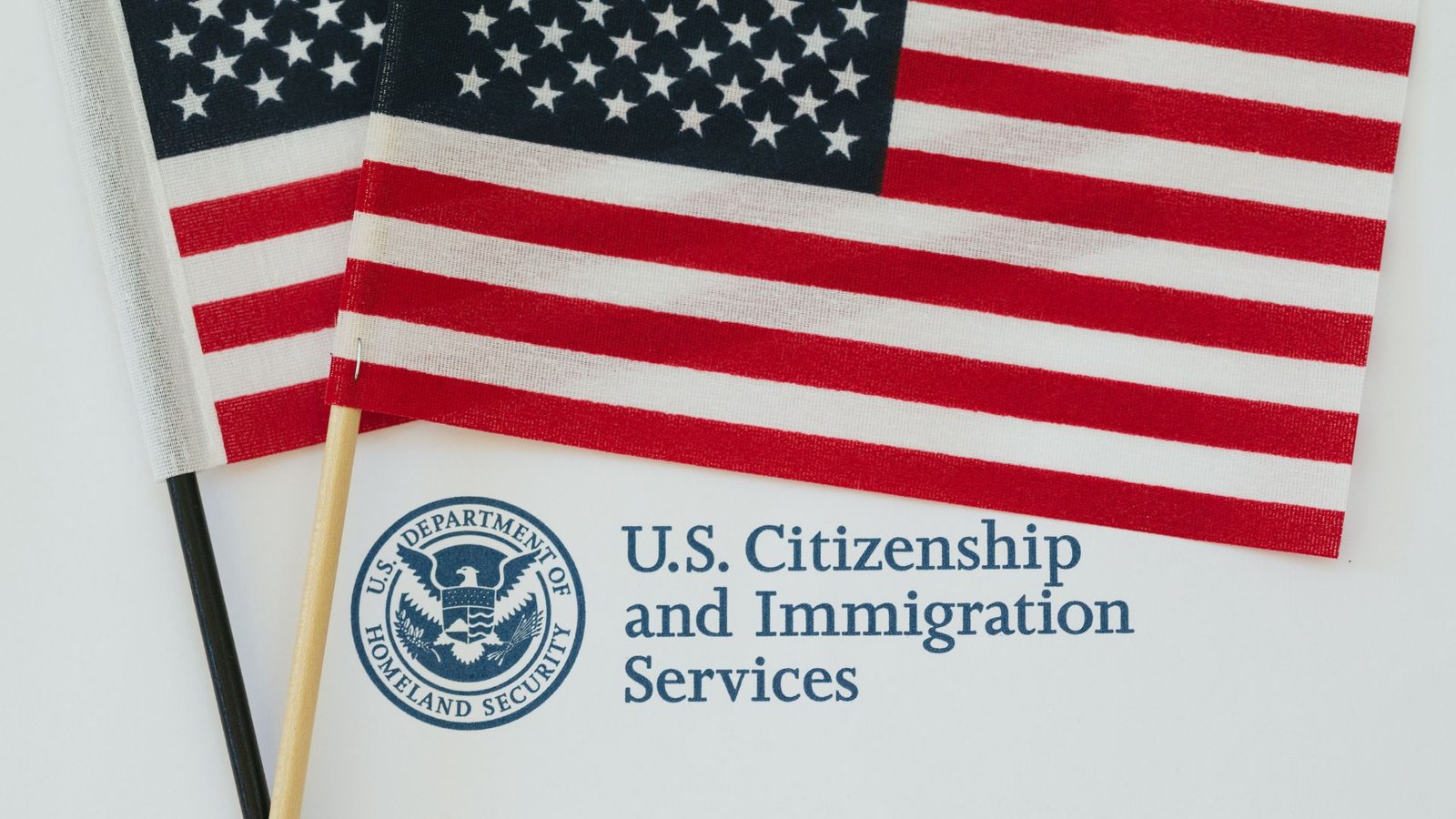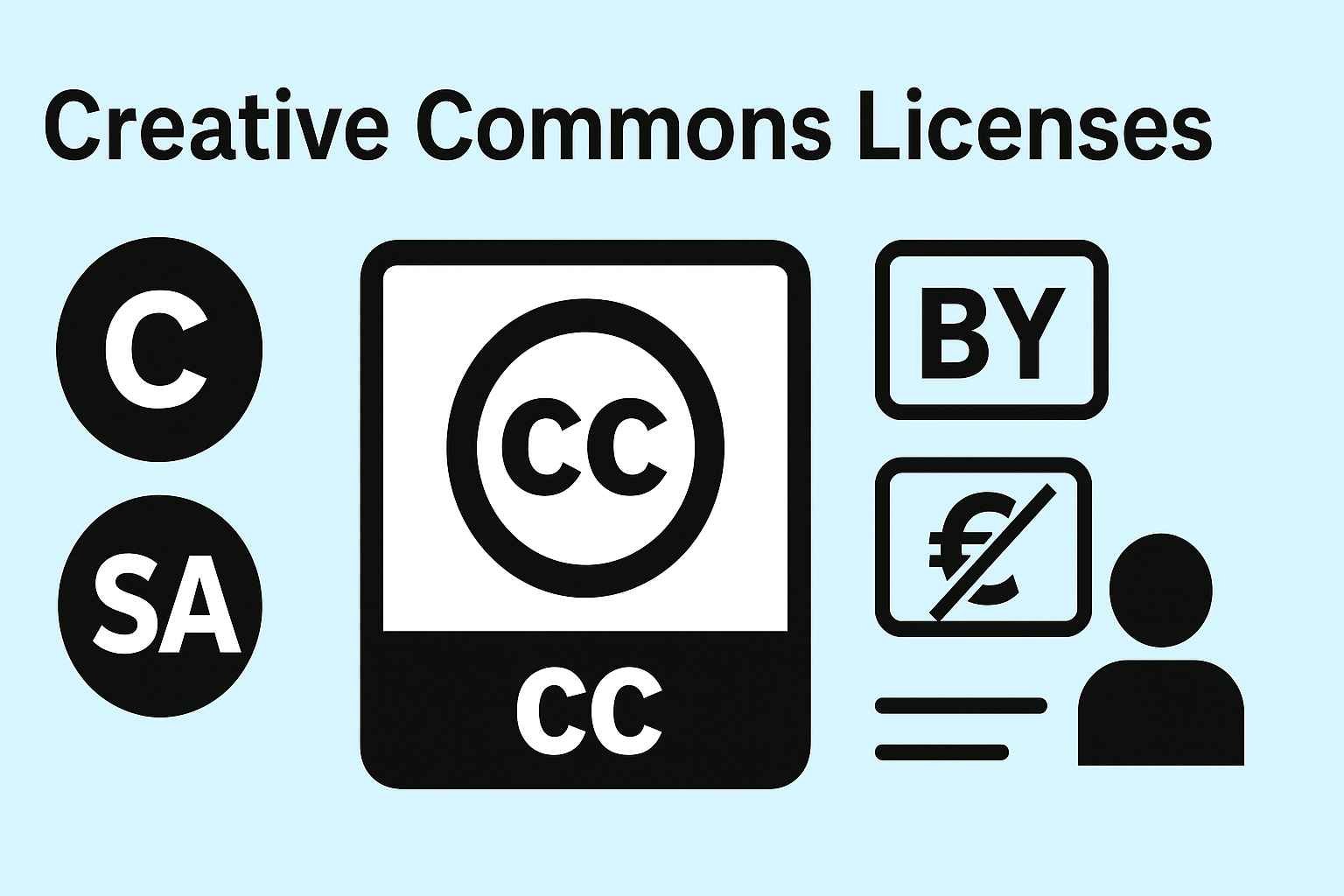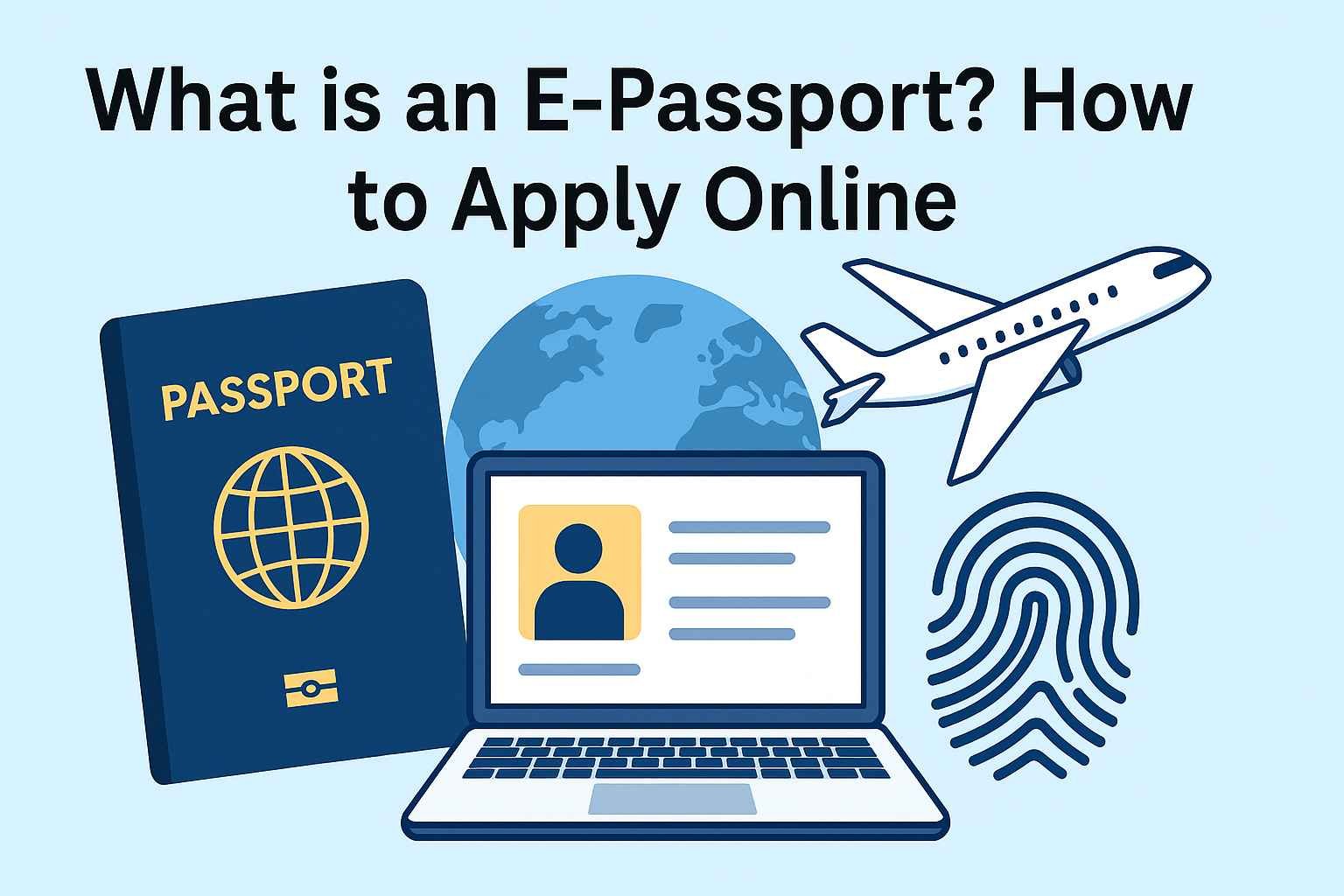On this page you will read detailed information about Current UK Immigration Policy.
As you reflect on the current immigration policy in the United Kingdom, you must carefully evaluate all aspects to determine if changes are needed. With immigration being a complex issue impacting the economy, national security, cultural identity and more, it is critical to thoroughly analyze statistical data, public opinion polls, expert recommendations and real-world results. While no policy is perfect, an open, evidence-based review is the responsible approach. Consider the policy’s original goals, review outcomes to date and identify potential improvements. This process empowers you to make informed recommendations on a policy affecting millions of lives.
Overview of Current UK Immigration Policy
Points-Based System
In 2008, the UK introduced a points-based system to manage immigration. This system assesses applicants based on factors like English language skills, qualifications, salary, and job offer. Migrants need to meet a minimum point threshold to be eligible for a UK work visa. The points system aims to attract highly-skilled migrants to fill labor shortages. However, it has been criticized as too restrictive.
Tier 1 Entrepreneur Visa
The Tier 1 Entrepreneur visa is for non-EEA nationals seeking to establish a business in the UK. Applicants must invest at least £50,000 in a UK business and have access to £200,000 in investment funds. The visa lasts up to 3 years and 4 months, with a possible 2-year extension. After 5 years, entrepreneurs can apply for indefinite leave to remain in the UK. This route aims to boost the British economy through foreign investment and business experience.
Restrictions on Low-Skilled Workers
The UK has placed greater restrictions on immigration routes for low-skilled workers from outside the EEA in recent years. The Tier 3 visa for low-skilled workers was never implemented. The Seasonal Agricultural Workers Scheme and Sectors Based Scheme were also discontinued. Critics argue these restrictions have led to labor shortages in some industries like agriculture, hospitality, and construction. However, proponents counter that low-skilled immigration depresses wages for British workers.
Brexit and the EU Settlement Scheme
Following its exit from the EU, the UK ended free movement with the EU. EU citizens living in the UK can apply for settled status under the EU Settlement Scheme to continue residing in the country. After the scheme closes in June 2021, EU migrants will face the same rules as non-EU citizens. The impact of Brexit on UK immigration remains uncertain but migration from the EU is expected to decrease significantly.
In summary, the current UK immigration system aims to curb overall immigration numbers, especially of low-skilled workers, while attracting highly-skilled migrants and investment that benefit the British economy. However, there are ongoing debates around whether current policies have achieved the right balance.
In the previous post, we had shared information about An Examination of US Immigration Policy and Its Impacts, so read that post also.
Key Changes Under Recent Governments
Conservative-Liberal Democrat Coalition (2010-2015)
When the Conservative-Liberal Democrat coalition government came to power in 2010, one of its first actions was to cap the number of non-EU migrants allowed into the UK. The annual limit was reduced from 140,000 to 99,000, with the aim of reducing net migration to the “tens of thousands.” Strict limits were placed on settlement visas, family visas, and work visas.
Conservatives (2015-2017)
The Conservative government elected in 2015 implemented further restrictions to the UK’s immigration system. In an effort to meet the net migration target, the income threshold for family visas was raised, making it more difficult for British citizens and residents to sponsor family members from outside the EU. The government also ended the permanent right to remain for some EU nationals. Additional restrictions were placed on student visas in a bid to reduce perceived “overstaying.”
Conservatives (2017-2019)
The Conservatives continued their policy of creating a “hostile environment” for illegal immigrants. In 2018, the Windrush scandal revealed that many Commonwealth citizens who had the right to remain in the UK were wrongly detained, denied legal rights, threatened with deportation, and in some cases actually deported. The scandal led to calls for major reforms to the immigration system to prevent similar injustices from happening again.
In summary, recent Conservative governments have implemented increasingly restrictive policies with the aim of reducing immigration numbers, particularly from outside the EU. However, these policies have also had unintended consequences, such as the Windrush scandal, that highlighted the need for a fairer, more compassionate immigration system. With Brexit looming, the UK’s immigration policy is likely to continue evolving in the coming years.
Impact on EU Immigration After Brexit
Changes to Free Movement
Since the UK left the EU in January 2020, free movement between the UK and EU member states has ended. EU citizens no longer have the automatic right to live and work in the UK. The new immigration system requires EU citizens to obtain a visa to enter the UK for work or study. They must meet specific eligibility criteria, such as job offers from approved sponsors, to qualify. Similarly, UK citizens lose the right to freely live and work in EU countries.
Points-Based Immigration System
The UK has introduced a points-based immigration system to manage immigration from the EU and rest of the world. Points are awarded for specific skills, qualifications, salaries, and job offers. Applicants who obtain enough points will be granted a work visa. The new system aims to attract high-skilled immigrants to fill labor shortages. However, it could reduce low-skilled EU immigration which contributes to sectors like agriculture, hospitality, and construction.
Impact on Industries
Industries reliant on EU labor may face significant staffing shortages under the new immigration rules. A decline in low-skilled workers could disrupt certain sectors of the economy, especially in jobs unattractive to the domestic workforce. The government has announced short-term visa schemes to temporarily fill critical roles, but long-term solutions are still needed. Some industries may need to improve wages and working conditions to attract more local workers.
Ongoing Negotiations
The UK and EU continue negotiating their future relationship. Any changes to the current immigration policies would depend on the outcome of these talks. For instance, if a comprehensive free trade agreement is reached, it may include provisions to facilitate the temporary movement of business travelers, tourists, students, and workers in certain occupations. However, significant barriers to free movement are expected to remain given the UK’s desire to regain control of its borders. The final settlement will determine the ease of mobility between the UK and EU.
In summary, leaving the EU has fundamentally reshaped the UK’s immigration system and relationship with Europe. The end of free movement and transition to a points-based system will transform immigration from the EU, with wide-ranging consequences for both immigrants and British industries. The ongoing UK-EU negotiations could potentially soften the impact but are unlikely to reinstate the previous unfettered mobility. The new era of restricted immigration will take time for all parties to adapt to.
Evaluating Points-Based Immigration System
The current points-based immigration system in the UK aims to attract highly-skilled migrants. It assesses candidates based on a number of factors such as age, language ability, job offer, and education. Points are awarded for each factor, and candidates must reach a minimum threshold to be eligible to apply for a UK work visa.
This system intends to address labor shortages in key sectors and boost economic growth. However, some argue it can be improved to better benefit the UK. ###For instance, the system currently awards more points for candidates with PhDs and master’s degrees. While advanced degrees are valuable, focusing too narrowly on them risks missing other talented candidates. The points system could award points for work experience and skills that meet national priorities.
The system also aims to curb low-skilled immigration but in practice it can be difficult to define “low-skilled.” Migrants in agricultural and service jobs, often deemed low-skilled, fill important labor needs. The points system could consider skills, work experience, and occupations that support key industries, not just traditional measures of skill. Doing so may help address ongoing labor shortages in vital sectors like health care.
Some also argue the current system disincentivizes candidates from outside Europe, as it awards more points for English language ability and UK job offers, both of which favor European candidates. To address this, the points system could award points for relevant skills and work experience, regardless of location or native language. Candidates could still be required to achieve a minimum English proficiency to ensure integration.
The points-based system has only been fully in effect since January 2021, so its impacts remain to be seen. Overall, the system aims to benefit the UK economy by attracting highly-skilled migrants. However, expanding how “skill” and “value” are defined and focusing on skills and experience, not just traditional qualifications, may help the system better achieve its goals. The points system is a work in progress, and future evaluations will likely suggest ways to improve it.
Asylum and Refugee Policy Controversies
When evaluating current UK immigration policy, the government’s approach to asylum seekers and refugees is particularly controversial. The UK has certain legal obligations under international law to provide refuge for those fleeing persecution, yet there are concerns the current system is failing vulnerable populations.
Detention of Asylum Seekers
One of the most debated issues is the government’s policy of detaining asylum seekers while their claims are being processed. Detainees can spend months or even years in detention centers, despite not being charged with any criminal offense. Mental health issues and incidents of self-harm are widespread in these facilities due to the uncertainty and poor living conditions. Critics argue this approach is inhumane and that there are alternatives to detention that could allow asylum seekers to live in the community while their claims are reviewed.
“Hostile Environment” Policy
The government has been accused of creating a “hostile environment” for asylum seekers that aims to make their lives extremely difficult in hopes they will voluntarily leave the country. Restrictions on the right to work and access to healthcare and housing for asylum seekers have been implemented to deter new arrivals, even those with legitimate claims who may eventually be recognized as refugees. There are concerns these policies can force asylum seekers into poverty and homelessness. ###Impact on Vulnerable Groups Some argue current policies disproportionately impact the most vulnerable asylum seekers, such as survivors of human trafficking, torture, and other severe forms of abuse or exploitation. Their complex cases may take years to resolve, during which time they struggle to access essential services. Critics argue more should be done to identify and support these vulnerable groups, who are unlikely to voluntarily leave the country and may eventually be granted refugee status. Reforms to improve decision-making, increase transparency, and expand services for the most at-risk populations could help remedy these issues.
In summary, the UK’s asylum and refugee policies aim to strictly control immigration but have been widely criticized. Reforms may be needed to uphold the nation’s legal and ethical obligations to refugees while maintaining border security. Balancing these interests remains a controversial issue with passionate voices on both sides of the debate.
Addressing Public Concerns Over Immigration
A common concern often voiced about immigration policy is that it may negatively impact public services and infrastructure. However, research shows that both low-skilled and high-skilled immigration has either a small positive impact or no significant impact on native-born workers and public finances.
Impact on Public Finances
While immigrants do use public services, they also pay taxes and thus contribute to public funds. Studies in the UK and other Western nations have found that the impact of immigration on public finances tends to be small, regardless of immigrants’ countries of origin or skill levels. Immigrants also often fill essential jobs in healthcare, education, and other public sectors that benefit communities.
Impact on Employment
There is little evidence that immigration significantly displaces native-born workers or lowers wages. Immigrants grow the overall economy by starting businesses, paying taxes, and filling jobs in sectors facing labor shortages. High-skilled immigrants, in particular, create job opportunities by starting companies, conducting research, and spurring innovation. While competition for certain low-skilled jobs may increase in the short term, the economy adapts over time through the creation of new jobs and increased wages.
Managing Concerns
To address public concerns over immigration, policymakers could consider strategies such as:
- Improving border security and control to prevent unlawful entry.
- Reforming legal immigration pathways to better match domestic labor market needs.
- Investing in programs to help immigrants integrate into communities and learn English.
- Expanding public services in areas with high immigrant populations.
- Educating the public about the economic benefits of immigration with factual information.
A balanced, well-regulated immigration policy that addresses legitimate public concerns while recognizing the benefits of immigration can help the UK economy thrive in an increasingly globalized world. Overall, research suggests that both high-skilled and low-skilled immigration has either a small positive net impact or no significant impact on native-born workers and public finances in the UK.
Balancing Economic Needs and Public Services Capacity
The current UK immigration policy aims to balance the country’s economic requirements with the ability of public services to cope with increased demand. On the one hand, immigration contributes to economic growth by supporting key sectors, filling essential jobs, and providing tax revenue to fund public services. However, large influxes of migrants also put pressure on infrastructure like housing, healthcare, and education.
To address labor shortages in critical areas like healthcare, technology, and agriculture, the new immigration system provides routes for skilled migrants to enter the UK. At the same time, the policy introduces a cap on the number of low-skilled workers to limit competition for entry-level jobs and protect vulnerable workers. Caps and quotas on various immigration pathways strive to control the volume and type of migration to levels that maximize economic benefits while minimizing costs and disruptions.
The policy also prioritizes immigrants that fill jobs where there are recognized shortages, especially in sectors important for economic recovery and growth post-pandemic. Preferential treatment is given to occupations requiring higher skills, qualifications, and experience. At the same time, salary and language requirements aim to attract immigrants that can hit the ground running and integrate into UK workplaces and communities. The policy encourages settlement of high-skilled migrants that pay higher taxes and are less likely to depend on public funds.
However, some argue that an over-reliance on immigration to fill labor shortages can discourage businesses from improving pay and working conditions or investing in training for UK workers. There are also concerns about ‘brain drain’ from developing countries. Overall, the UK government is attempting a balanced strategy, but there is no consensus on whether the new points-based system achieves the optimal balance between economic and social considerations. Continuous review and adaptation of the policy will likely be needed to ensure it meets the UK’s evolving needs.
The Path Forward – Reforming the Immigration System
The UK’s immigration system is in dire need of reform. The current regulations are overly complex, with various visa categories and application processes that often lead to confusion for both migrants and government officials. Simplifying and streamlining the system could help address many issues, provide economic benefits, and align with the UK’s humanitarian values.
Simplify the Visa Categories
The existing system includes over 10 different visa types for workers, students, family members, and asylum seekers. Reducing and consolidating these categories into broader classifications like temporary work visas, student visas, family visas, and asylum visas could provide clarity and ease administrative burdens. Applicants would have an easier time identifying which visa suited their needs, while officials could process applications more efficiently with fewer categories to evaluate.
Digitalize the Application Process
Transitioning from a largely paper-based application process to an online system could accelerate application processing and reduce costs. Applicants could submit forms and documents electronically, while automated systems help verify information and evaluate eligibility. Resolving issues like missing documents or unclear information would also become more efficient through digital communication methods.
Expand Legal Migration Pathways
Increasing opportunities for legal labor migration and international student enrollment could benefit the UK economy. Legal migrants and international students contribute skills, labor, innovation, tax revenues, and demand for local goods and services. Providing additional legal pathways, especially for in-demand skills and shortage occupations, may help address workforce needs and fuel economic growth.
Reforming the immigration system will not be without challenges, but the potential benefits to both migrants and citizens are substantial. Simplifying regulations, digitizing processes, and expanding legal migration pathways could make the system fairer, more efficient, and better aligned with the UK’s economic and social interests. Incremental changes and evidence-based policies may offer the most realistic path to a reformed system that is manageable, humane, and mutually beneficial.
FAQs on UK Immigration Policy
Most non-UK nationals need a visa to enter and remain in the UK for any length of time. If you are a citizen of an EU country, or one of the countries in the European Economic Area (EEA), you are typically able to enter and stay in the UK without a visa. The same applies for citizens of certain British Overseas Territories. However, with Brexit this may change. It is best to check the UK government website for the latest requirements regarding your specific nationality.
The two most common visas for relocating to the UK are:
1. Skilled Worker Visa: For those with a job offer in an eligible skilled occupation. Candidates need to meet minimum salary and English language requirements.
2. Family Visa: For those seeking to join close family members permanently settled in the UK. Applicants must prove their relationship and intention to settle in the UK long-term.
Other visa categories include Student Visas, Visitor Visas, Business Visas, and British Citizenship. The specific criteria and application process differ for each visa class. It is best to determine which visa suits your needs and check the official UK government website for details.
Most UK visa applications must be submitted online via the UK government website. The application process typically involves the following steps:
1. Check if you need a visa and which class best suits your needs.
2. Review the guidelines and ensure you meet the eligibility criteria for your chosen visa.
3. Prepare the necessary supporting documents which usually include proof of funds, English test scores, job offers, accommodation details, relationship evidence, etc. depending on the visa.
4. Complete the online application and pay the required application fees.
5. Schedule a biometric appointment to provide fingerprints and facial photograph.
6. Your application will be assessed, and a decision made within the standard processing time for that visa class.
7. If approved, your passport and visa will be mailed to you. If refused, you will receive a letter outlining the reasons for refusal and options for appeal.
The key to a successful UK visa application is meeting all the eligibility criteria, providing a complete application with all necessary evidence upfront, and allowing plenty of time for the application to be processed. With proper preparation, you will increase your chances of being approved to enter and stay in the UK.
Conclusion
In summary, the current UK immigration policy is a complex issue with reasonable arguments on both sides. As you reflect on the policy’s impact, consider the nuanced effects it may have on the economy, communities, and families. Though many criticize the policy as too restrictive, the government believes it protects citizens and preserves national identity. Moving forward, an open yet critical analysis of the policy is warranted, assessing its merits and flaws. The path ahead requires empathy, evidence-based reforms and a long-term vision that serves the UK’s diverse needs. With thoughtful discourse, forward progress can be made to shape an immigration system that is just and humane while securing the nation’s interests.
Disclaimer
The information and services on this website are not intended to and shall not be used as legal advice. You should consult a Legal Professional for any legal or solicited advice. While we have good faith and our own independent research to every information listed on the website and do our best to ensure that the data provided is accurate. However, we do not guarantee the information provided is accurate and make no representation or warranty of any kind, express or implied, regarding the accuracy, adequacy, validity, reliability, availability, or completeness of any information on the Site. UNDER NO CIRCUMSTANCES SHALL WE HAVE ANY LIABILITY TO YOU FOR ANY LOSS OR DAMAGE OF ANY KIND INCURRED AS A RESULT OR RELIANCE ON ANY INFORMATION PROVIDED ON THE SITE. YOUR USE OF THE SITE AND YOUR RELIANCE ON ANY INFORMATION ON THE SITE IS SOLELY AT YOUR OWN RISK. Comments on this website are the sole responsibility of their writers so the accuracy, completeness, veracity, honesty, factuality and politeness of comments are not guaranteed.
So friends, today we talked about Current UK Immigration Policy, hope you liked our post.
If you liked the information about Current UK Immigration Policy, then definitely share this article with your friends.











